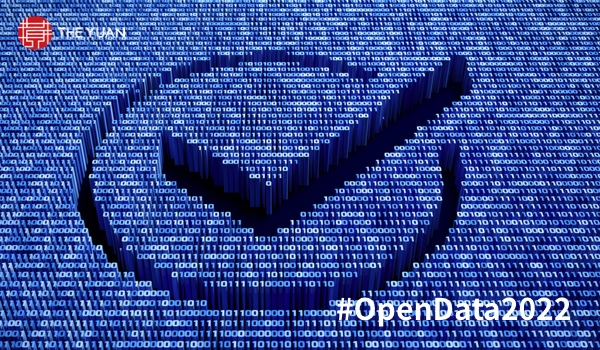


LOS ANGELES - Artificial intelligence (AI) is increasingly being integrated into healthcare systems and has the potential to transform the industry. AI-powered technologies are used to improve patient outcomes, enhance medical research, and increase the efficiency of healthcare delivery. However, there are unique - and in some cases potentially lethal - risks and dangers associated with AI in healthcare. This article will explore some of the most consequential of these, along with their possible impact on patients.
Algorithmic bias
One of the main dangers of AI in public health is the potential for bias in AI algorithms, which are only as good as the data on which they are trained, so if the data are biased then an algorithm itself will also end up with the same bias. This can lead to incorrect diagnoses or treatment recommendations for certain groups - particularly marginalized or minority populations.
A study published in JAMA Internal Medicine found that an AI algorithm used to predict which patients would be referred to programs that aim to improve care for those with complex medical needs was biased against Black patients. The algorithm incorrectly predicted that they were less likely to need such programs, even if they had similar health needs as their white counterparts. This highlights the importance of ensuring AI algorithms are trained on unbiased data, because otherwise they will perpetuate existing health disparities, worsening the very problem they are intended to fix.
AI overreliance
Another danger of AI in public health is overreliance on AI systems with little or no human oversight. While AI can be incredibly helpful in analyzing large datasets and identifying patterns that human analysts would miss, it is important to remember
The content herein is subject to copyright by The Yuan. All rights reserved. The content of the services is owned or licensed to The Yuan. Such content from The Yuan may be shared and reprinted but must clearly identify The Yuan as its original source. Content from a third-party copyright holder identified in the copyright notice contained in such third party’s content appearing in The Yuan must likewise be clearly labeled as such. Continue with Linkedin
Continue with Linkedin
 Continue with Google
Continue with Google











 1013 views
1013 views






